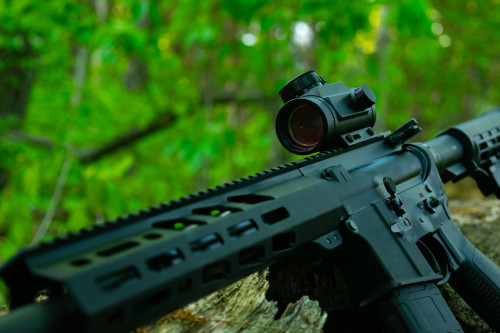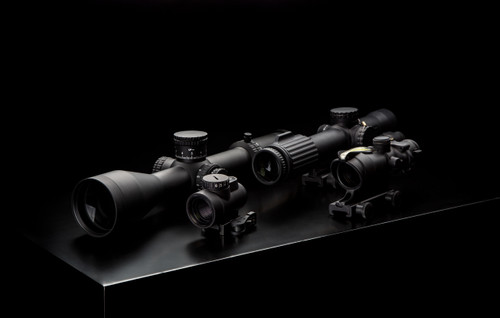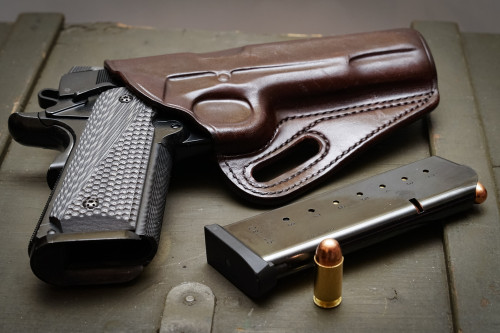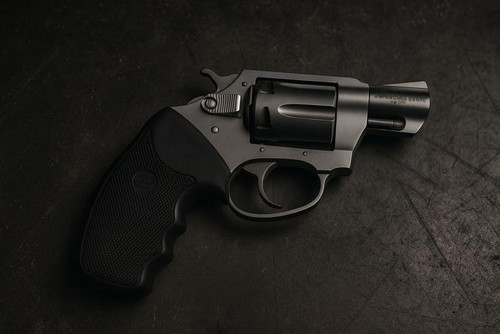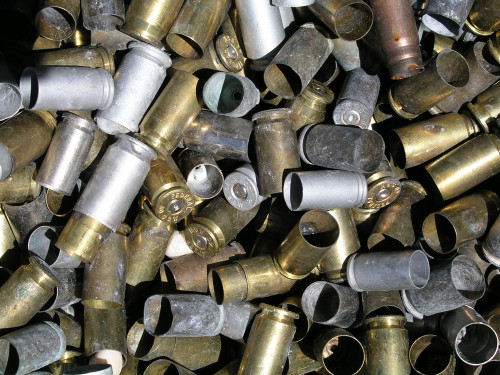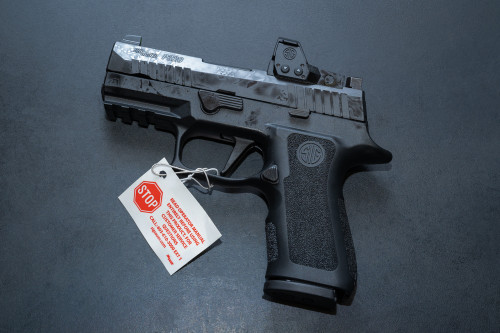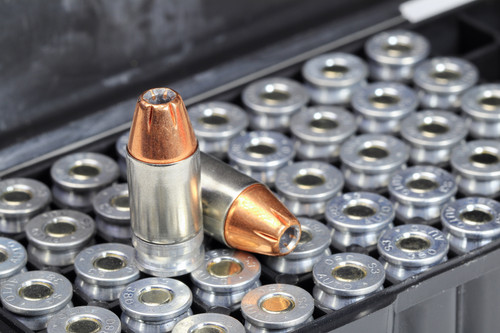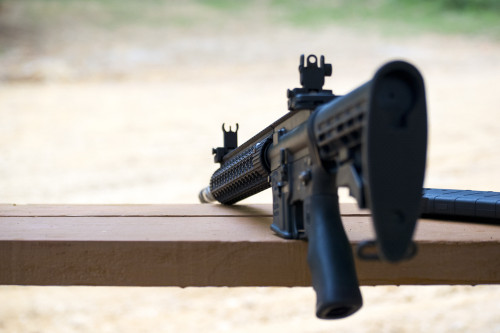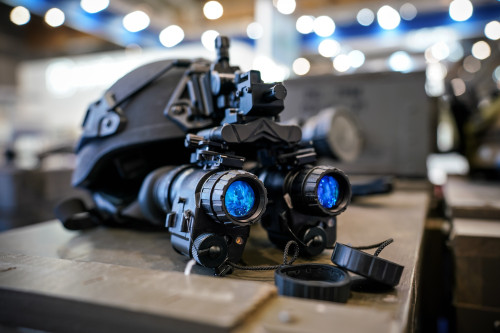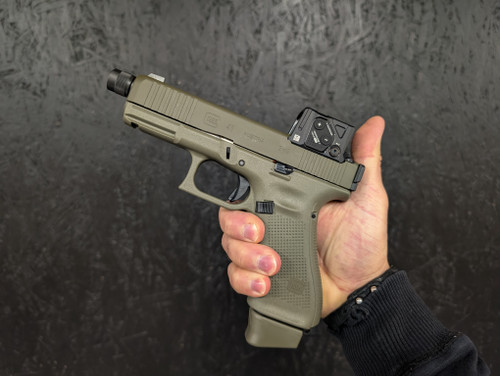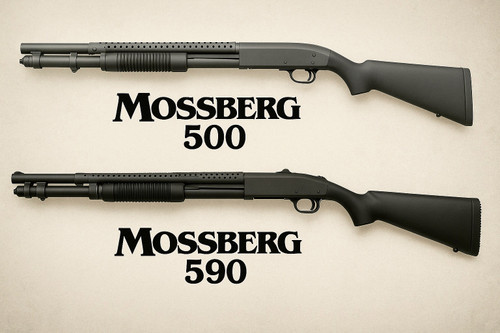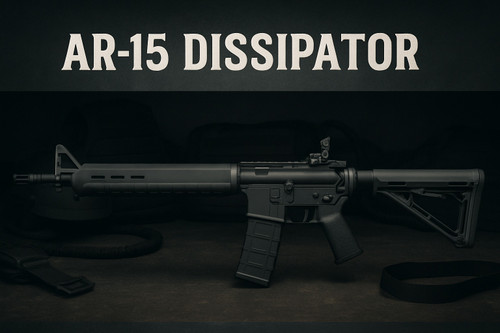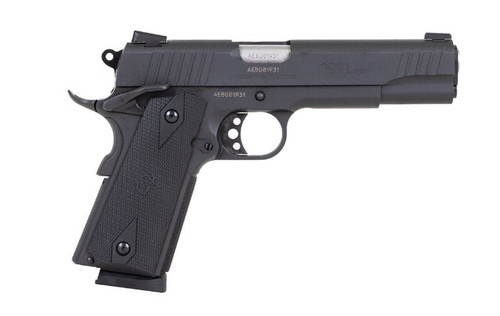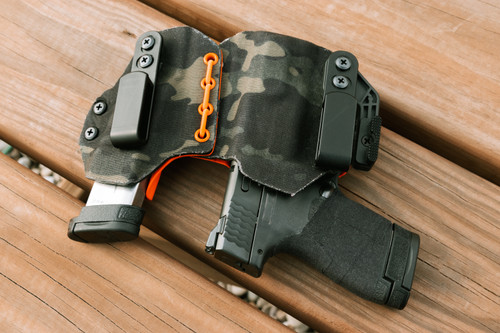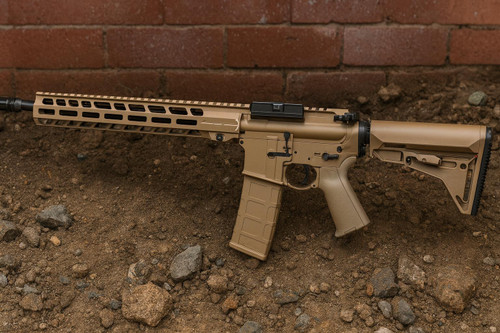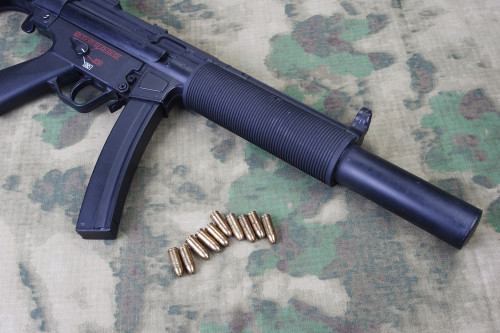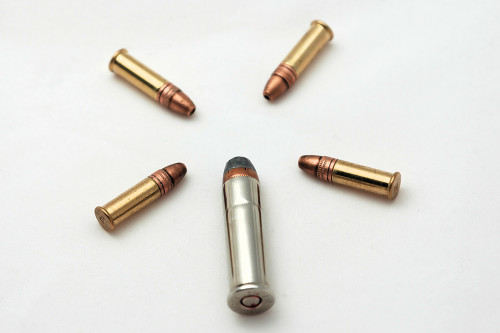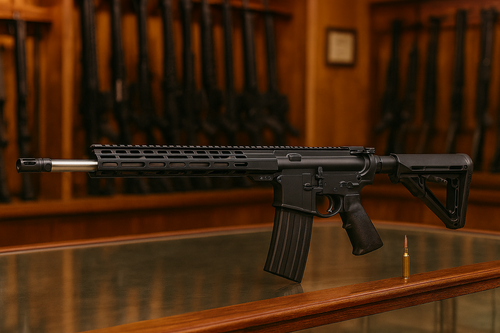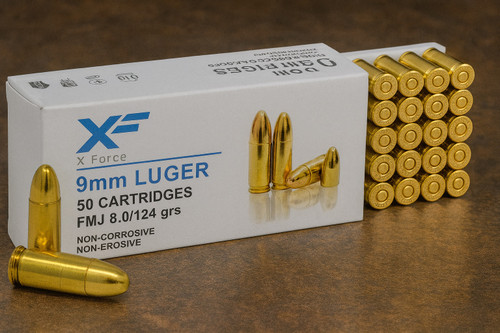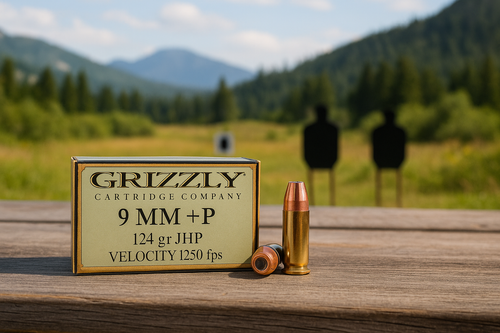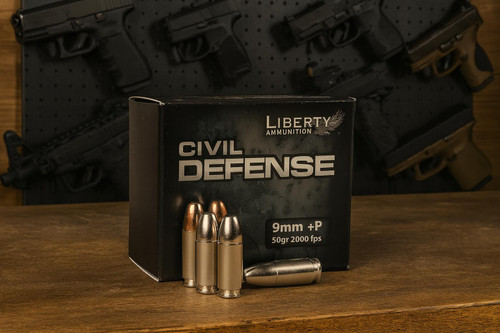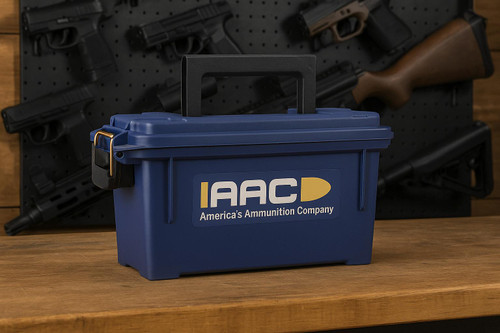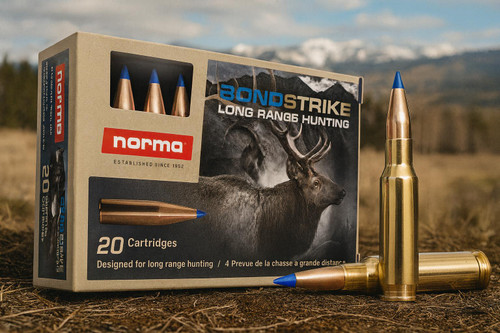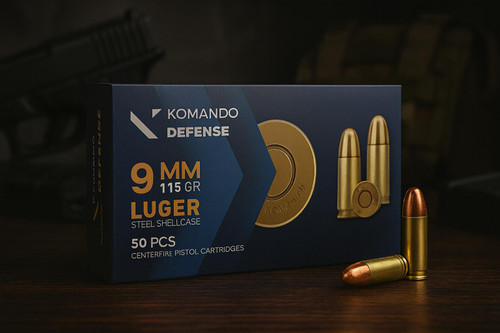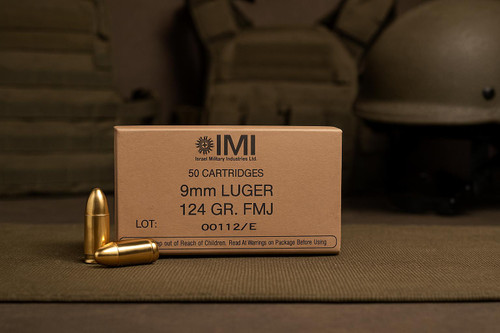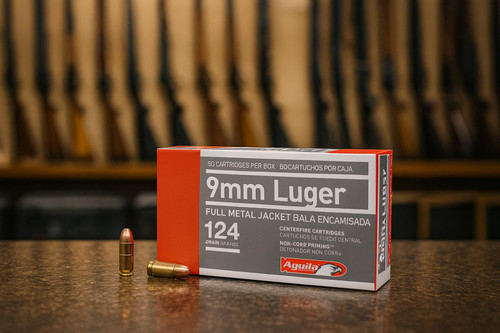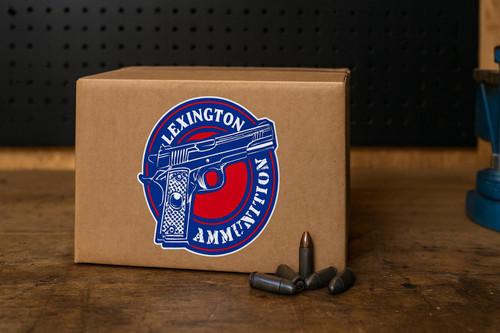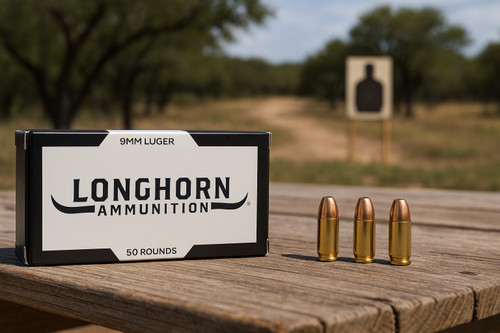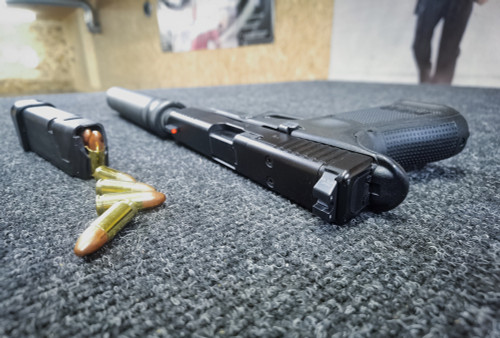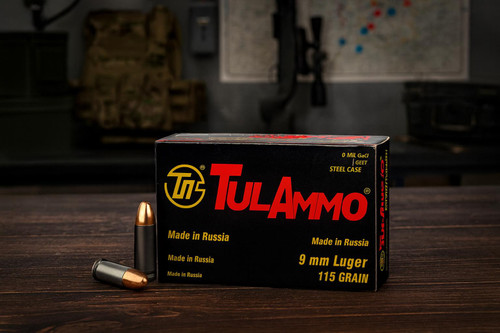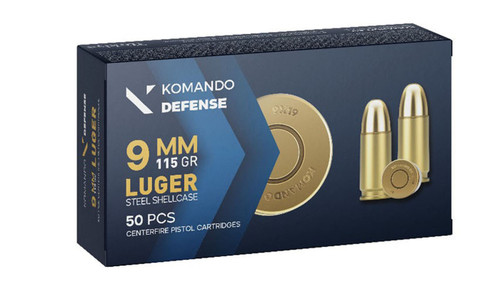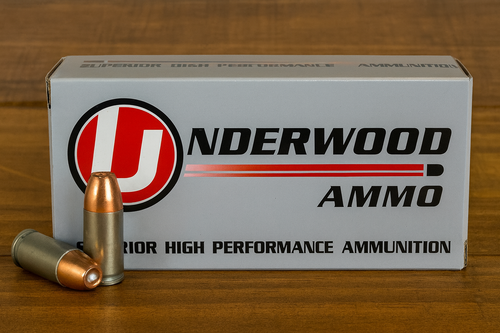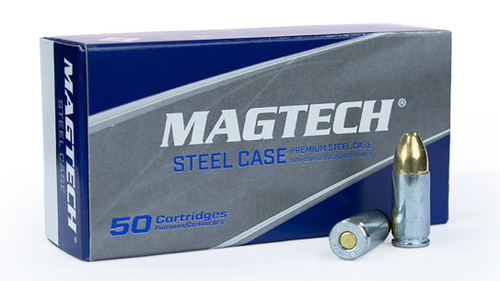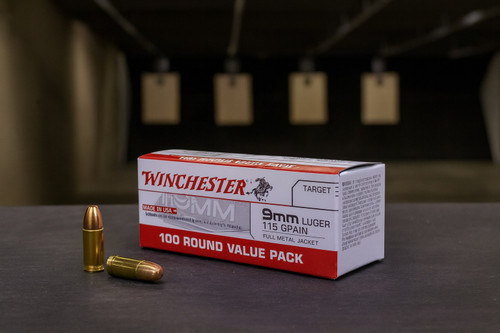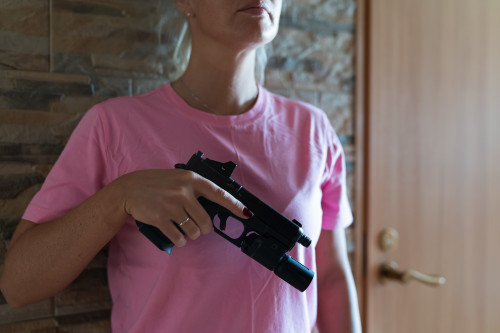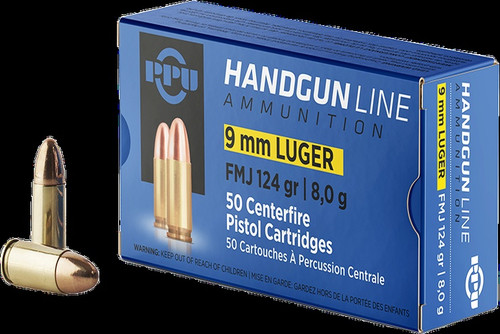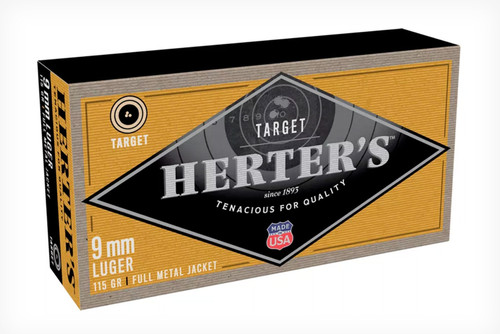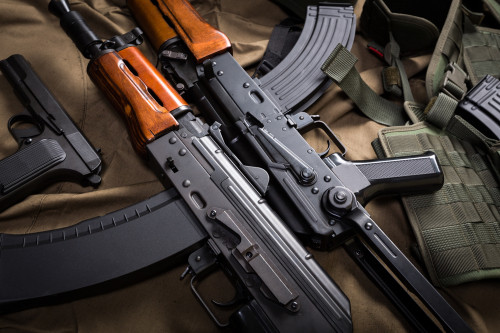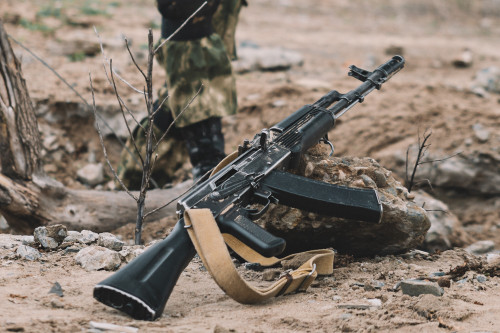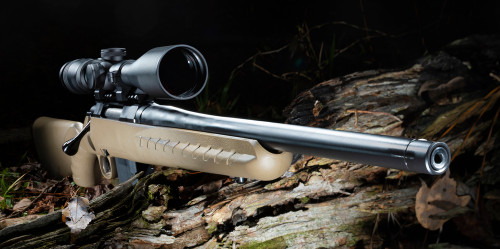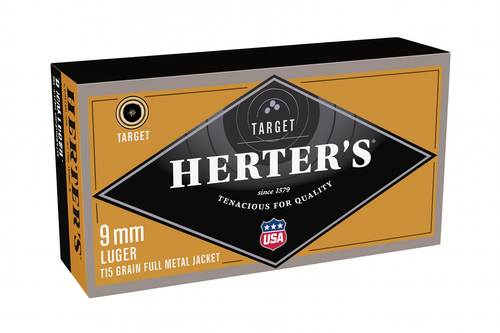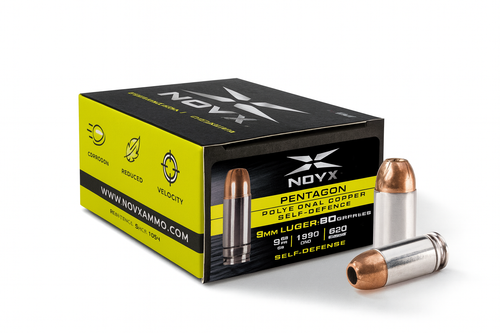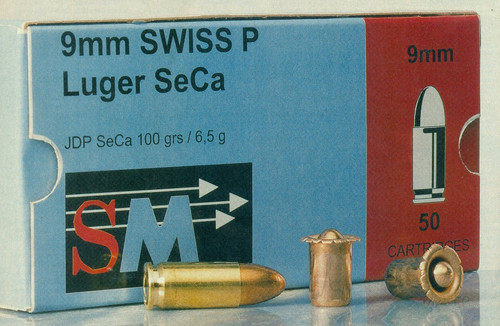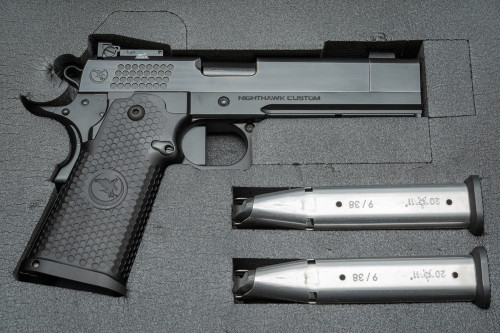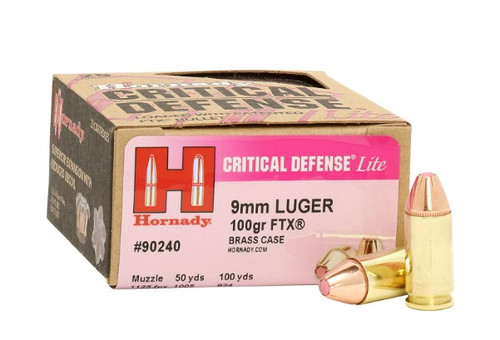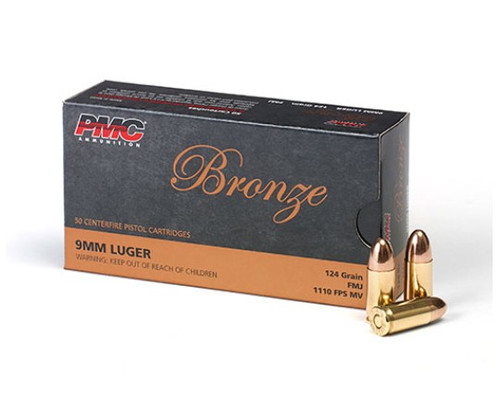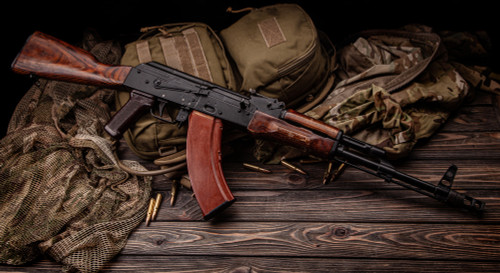Background on Troy Ammunition
Troy Ammunition is a Turkish-based manufacturer that has gained momentum in the U.S. commercial ammunition market in recent years, particularly in the budget 9mm segment. Though unaffiliated with the U.S. firearms accessories company Troy Industries, the ammo brand has carved out a space of its own by offering a range of affordable, bulk-friendly 9mm loads tailored for training, plinking, and even self-defense.
Troy’s ammunition is produced in Turkey under ISO 9001-compliant manufacturing processes, ensuring quality control in line with international standards. Its cartridges are primarily imported into the U.S. through distributors who specialize in sourcing low-cost, high-volume ammunition from European and Asian markets. The brand appeals to indoor ranges, firearms instructors, and everyday shooters looking for economical options that don’t sacrifice basic reliability.
What distinguishes Troy from some other import brands is its multi-tier approach to product development. Rather than producing a single generic 9mm SKU, Troy offers several distinct lines, each aimed at a different shooting use case. From steel-cased practice rounds to brass-cased reloadable FMJ for regular range use, and even brass-cased hollow points for personal defense applications, Troy offers it all. This tiered strategy positions Troy as a flexible option within the budget ammo segment.
How Troy 9mm Ammo Compares to Itself and Others
While many budget-oriented ammo brands focus on a single 9mm product line, Troy offers a more diversified lineup, giving shooters flexibility in how they train or carry. The following are Troy’s primary 9mm loadings currently found in the U.S. market:
- Troy 9mm Steel Case FMJ – This is the brand’s most affordable training load. It features non-reloadable, Berdan-primed steel cases, often with a polymer or lacquer coating for corrosion resistance. Best suited for rugged, high-volume firearms like Glocks or surplus pistols, this round delivers basic functionality at a rock-bottom price, though it may produce more fouling and has a slightly higher misfire rate than brass-cased ammo.
- Troy 9mm Brass Case FMJ – This is Troy’s standard range-grade ammo, featuring reloadable Boxer-primed brass casings and 115-grain full metal jacket bullets. It is designed for smoother cycling, cleaner operation, and compatibility with a wider variety of handguns, including those with tighter tolerances. While slightly more expensive than its steel counterpart, it is favored for general-purpose range work and firearms training.
- Troy 9mm Brass Case JHP – A less common but notable offering in the lineup, this cartridge features a jacketed hollow point projectile, intended for civilian self-defense or duty carry. While not marketed as a premium defense load like Speer Gold Dot or Federal HST, it gives budget-minded shooters a viable defensive option backed by the reliability of brass casing and a traditional JHP design.
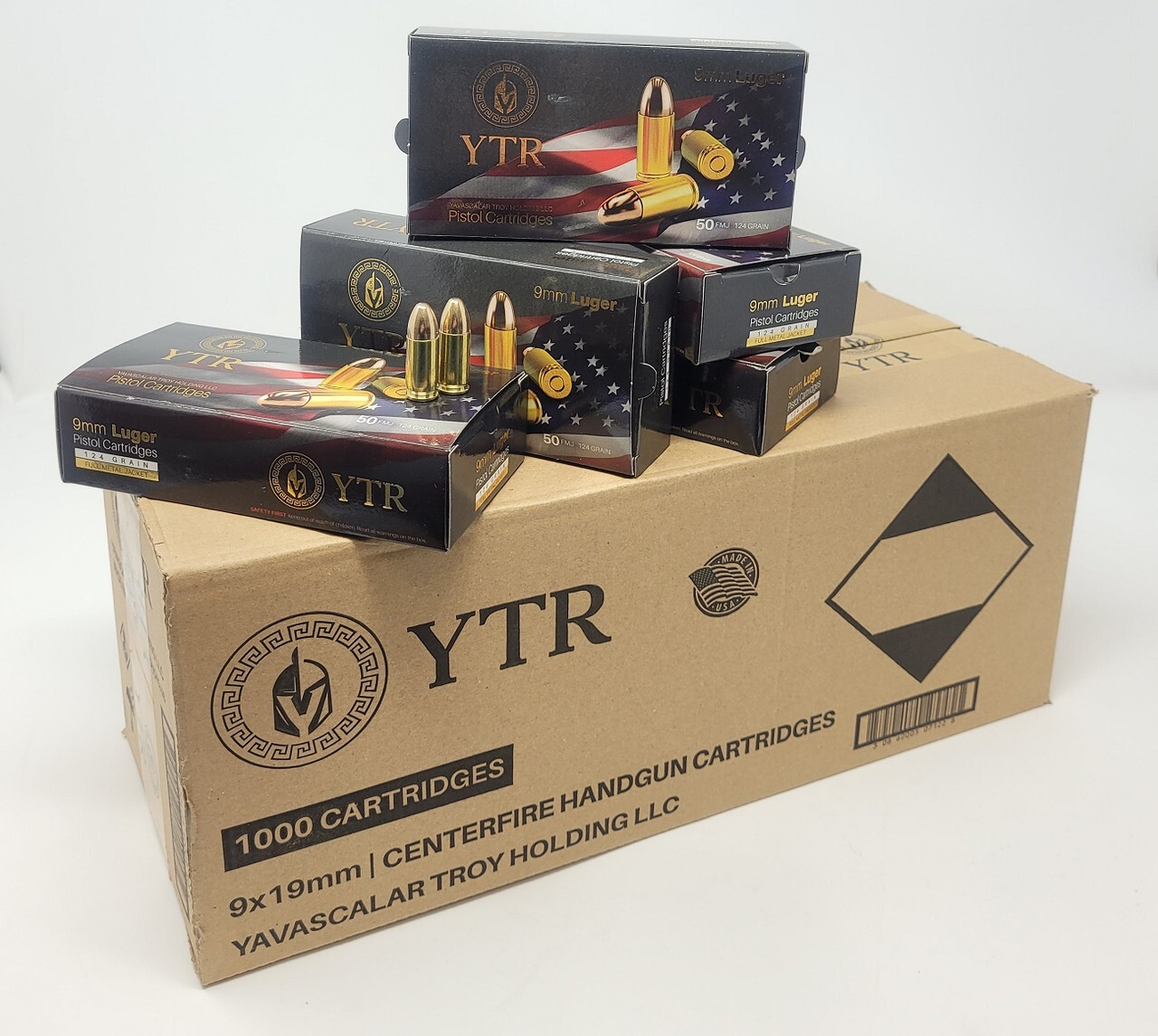
When compared to similar brands in the import ammo space, such as ZSR, Sterling, and Tula, Troy stands out for offering a broader selection tailored to different needs and budgets. ZSR and Sterling, for example, tend to focus on either brass or steel, but not both. Tula is exclusively steel-cased. Troy’s approach allows shooters to scale up or down depending on their intended use, without leaving the brand. While Troy’s ammunition may not match the refinement or cleanliness of domestic mid-tier brands like Blazer Brass or PMC Bronze, it competes aggressively in price and function within its class.
Troy 9mm Ammo Specifications
| Line | Bullet | Case | Primer | Velocity | Energy | Reloadable |
|---|---|---|---|---|---|---|
| Steel Case FMJ | 115gr FMJ | Steel | Berdan | ~1,135 fps | ~330 ft-lbs | No |
| Brass Case FMJ | 115gr FMJ | Brass | Boxer | ~1,130 fps | ~328 ft-lbs | Yes |
| Brass Case JHP | 115gr JHP | Brass | Boxer | ~1,120 fps | ~320 ft-lbs | Yes |
All lines are loaded to standard 9mm Luger pressure and are safe to use in modern pistols.
Performance at the Range
Troy’s brass-cased FMJ loads are consistent and comparable to PMC or Sellier & Bellot range ammo. Group sizes at 15–25 yards are acceptable for general practice, though not match-level.
The steel-cased version, while cheaper, shows more shot-to-shot variance and slightly rougher extraction in some pistols. It’s good for malfunction drills or budget-heavy range days but lacks reloadability or tight tolerances.
Their JHP offering performs reliably in function tests but is not widely tested for terminal ballistics or barrier penetration. As a result, most shooters would choose a proven hollow point for serious carry.
- Group Sizes: Brass FMJ: ~2.5” @ 15yds; Steel FMJ: ~3–4” @ 15yds
- Recoil: Mild and smooth across all loads
- Cycling: Excellent in full-size pistols; steel cases may stick in micro-compacts
- Training Use: All variants are suitable for live-fire training and drills
Price and Value
|
Type |
Price/Box (50 rds) |
Price/Case (1,000 rds) |
Cost Per Round |
|
Steel FMJ |
$10–$12 |
$200–$230 |
$0.20–$0.23 |
|
Brass FMJ |
$13–$15 |
$250–$280 |
$0.25–$0.28 |
|
Brass JHP |
$18–$22 (20 rds) |
– |
$0.90–$1.10 |
Troy’s steel-cased ammo is among the cheapest 9mm on the market. The brass-cased FMJ represents a small upgrade in quality for a few extra cents per round. The JHP is priced like most mid-tier defensive rounds but lacks data to back its use over proven brands.
Best Uses for Troy 9mm Ammo
Steel-Cased FMJ:
- High-volume indoor range sessions
- Malfunction drills and extractor testing
- Shooting on a tight budget
Brass-Cased FMJ:
- General training and range days
- Fundamentals practice
- Reloaders looking to keep brass
Brass-Cased JHP:
- Budget-friendly personal defense (with function testing)
- Ammo rotation for compact pistols
- Backup magazines (not primary EDC)
Troy 9mm: Reliability and Function
- Steel Case: Slightly dirtier than brass; may cause stovepipes or ejection issues in compact guns.
- Brass FMJ: Feeds and extracts cleanly in most 9mm platforms.
- JHP: Runs fine in standard-length barrels but should be function tested before carry.
No significant overpressure issues or case failures have been reported. However, minor seating inconsistencies were noted in older lots of the steel-case line.
Quick Pros and Cons
Pros
- Budget-friendly across all 3 lines
- Brass versions reloadable and consistent
- Steel-case FMJ offers extreme affordability
- Decent packaging and shelf life
Cons
- Steel-case is not reloadable and runs dirty
- Inconsistent feeding in some micro-compacts
- JHP line lacks trusted ballistic testing
- Variability in performance between lots
How Troy 9mm Ammo Scores
|
Category |
Rating (out of 5) |
Reason |
|
Price |
5/5 |
Extremely competitive pricing across all tiers |
|
Reliability |
3.5/5 |
Brass is solid; steel less consistent |
|
Accuracy |
3/5 |
Good enough for drills, not for match use |
|
Cleanliness |
2.5/5 |
Steel variant fouls quickly; brass burns cleaner |
|
Packaging |
3.5/5 |
Durable boxes, basic inner padding |
|
Reloadability |
4/5 (brass only) |
Boxer-primed brass performs well for reloading |
Gabriel’s Overall Rating:
Score: 3.6/5
Verdict: Reasonable Purchase
Rating Breakdown: (Poor: 0–1.6), (Not Bad: 1.6–2.6), (Decent: 2.7–3.5), (Reasonable Purchase: 3.6–4.1), (Buy This!: 4.1–5.0)
Should You Buy Troy 9mm Ammo?
If you’re a shooter looking to train hard on a budget, Troy 9mm ammo is a logical, cost-effective option. Whether you choose the ultra-cheap steel-case line or upgrade to brass for better consistency, Troy gets the job done.
It’s not match ammo, nor is its JHP line suited for serious duty use, but for range practice, volume drills, and casual plinking, it’s a smart, affordable way to keep your trigger finger busy.
Troy 9mm Ammo: Real-World Feedback
Positive Reports
- “My Glock eats the brass stuff all day—no complaints.”
- “Steel-case is dirty, but cheap and works in my AR9.”
Mixed Feedback
- “JHP cycles in my carry gun, but I don’t trust it like HST or Gold Dot.”
- “Steel rounds jammed in my Taurus G2C after 100+ rounds.”
Negative Reports
- Some soft strikes in older lots of steel-case FMJ
- Occasional loose bullets reported in early imports
Summary:
Troy earns decent reviews from shooters who understand its role: cheap training ammo with minimal frills. Reliability is better in the brass line, and expectations should be kept realistic.
Best Practices for Shooting Troy Ammo
- Clean your gun often, especially when using the steel-cased line
- Inspect rounds before loading—check for dents, corrosion, or loose projectiles
- Function test JHP in your carry pistol before trusting it for defense
- Rotate brass-case ammo with other brands to test extractor tension
- Store in dry boxes — Troy's packaging is sturdy but not moisture sealed
Final Verdict on Troy 9mm Ammo
Troy’s 9mm line gives budget-conscious shooters real options. Whether you’re squeezing every cent or looking for a reliable training load that won’t foul your gun after 100 rounds, Troy has something for your needs.
The steel-case line is rough but usable. The brass line offers better consistency and reusability. Though, while the JHP is functional, it's best seen as an affordable backup, and not your go-to carry load.
Shoot smart, shoot often, and keep your expectations in line with your price tag.
Frequently Asked Questions (FAQs)
1. Is Troy 9mm ammo safe to shoot in all 9mm pistols?
Yes. Troy 9mm ammo is loaded to standard SAAMI specs and is safe for use in any modern 9mm Luger firearm.
2. Can I reload Troy 9mm brass?
Yes. Troy’s brass-case 9mm uses Boxer primers and is reloadable. However, the steel-case variant is Berdan-primed and not suitable for reloading.
3. Is Troy 9mm ammo good for concealed carry?
The FMJ lines are not suitable for self-defense. The JHP line can be used in a pinch but is not recommended over proven defensive rounds like Speer Gold Dot or Federal HST.
4. Why does Troy steel-case ammo run dirtier than other brands?
Steel-cased ammo often uses lower-grade powder and lacks coating or burn additives found in premium loads, resulting in more fouling.
5. Is there a big difference between Troy brass and steel-case ammo?
Yes. Brass-case ammo is cleaner, more consistent, and reloadable. Steel-case is cheaper but more prone to fouling, harder on extractors, and non-reloadable.
6. Where is Troy 9mm ammo made?
Troy 9mm is manufactured in Turkey and imported to the U.S. by various wholesalers. It is produced under NATO and ISO standards.




 Pro Armory Editorial Team
Pro Armory Editorial Team
